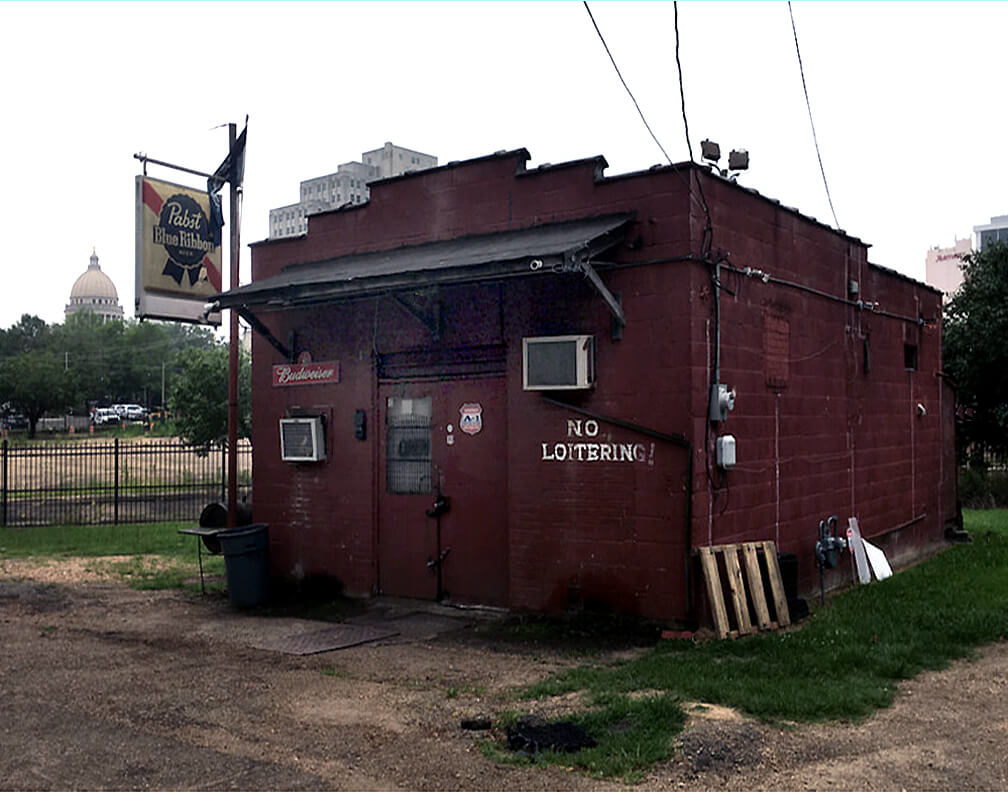While I worked in west Florida during the 1980s, I came to know people from all over the world. Then there was Ruby Ruth Reese, a down-home girl who grew up in what she called “the woargrass (wiregrass)” region of south Alabama.
Ruby Ruth (“Call me ‘Roo’”) had a heart of gold, but she was just as mean as she could be to all those displaced Yankees we worked with in Florida. She liked me because, as she once put it, “You’re just tryin’ to do right and make a place for yourself.” She even claimed to have relatives in Tupelo, but I think she just said that because she knew I was homesick all the time.
Roo told me she worked in a truck stop in Geneva County, Alabama during the Sixties, and if they knew you well enough, and you ordered something “to go”, you’d pay five dollars more, and they’d slip you a bottle of whiskey under the counter before you left. They also made what they called ham and egg pie that most of their customers would order to eat by themselves. Roo often made these for us to share on our lunch, which we took around two in the afternoon when we’d had a busy day. I’ve fancied it up a little bit with the cheddar cheese (she used American slices). She’d fuss at me for that.
For two people, beat very well four large eggs with a half cup of milk. Stir in diced onion, cooked potatoes, ham, and grated cheddar. Heat an 6-in. skillet, add a big lump of butter. Once butter is sizzling, add half the egg mixture, shaking the pan as you do. Once eggs begin to set, top with a little more grated cheese and pop into a hot (400) oven until firm and lightly brown.



